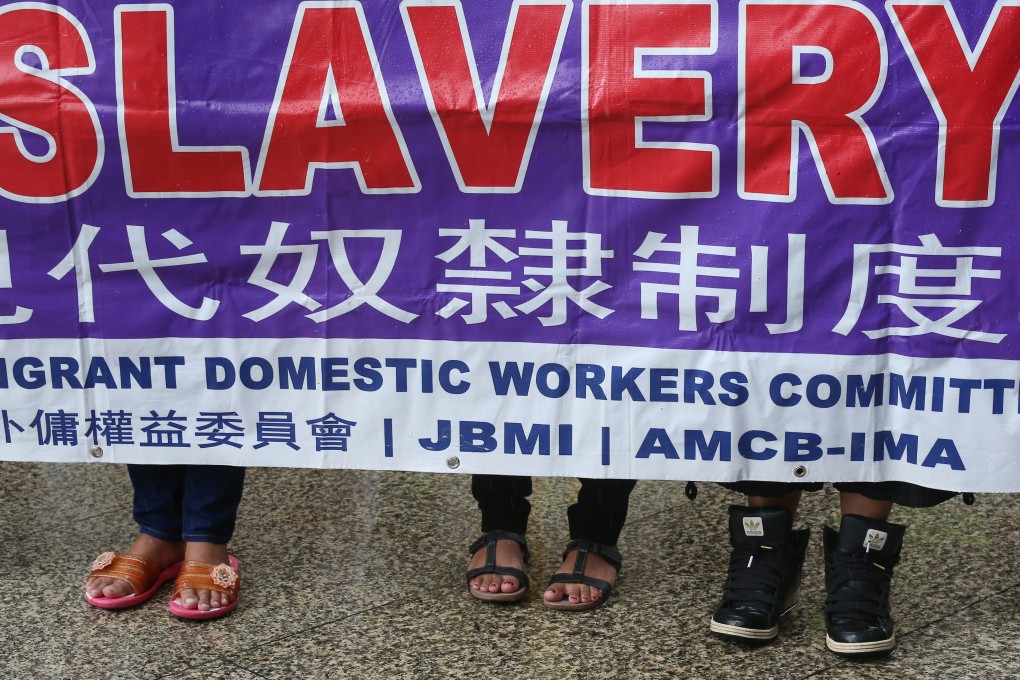The Hongcouver | Sexually abused by her Hong Kong employer, a Filipino helper finds justice in Canada
Vancouver tribunal awards C$55,000 after hearing how ‘typical’ HK stereotyping contributes to mistreatment of helpers

For Filipino domestic helper PN, her treatment at the hands of her Hong Kong employers descended into “virtual slavery”, according to an official adjudicator.
Denied her passport, she found herself trapped in a tiny apartment, sleeping on the couch, and under constant watch by her employers, who occupied the two bedrooms with their children. She was only allowed to eat with permission, was verbally and physically abused, and threatened with spurious police action for mistreating the family’s two children if she complained. She was underpaid, or not paid at all.
Worst, PN’s male employer would routinely have the then 28-year-old mother of two masturbate him with hand lotion when his wife was away or asleep. Eventually, PN fled to a women’s shelter one day while taking out the garbage, leaving behind her confiscated passport, eyeglasses and all her possessions.
It’s a revolting tale. But cases of Hong Kong employers abusing foreign helpers are not exactly in short supply. What makes PN’s case an eye-opener is the fact the abuse was committed not in Hong Kong - but in the Vancouver satellite city of Richmond.
PN arrived in Vancouver with her employers, identified only as FR and MR, when they emigrated to Canada with their two children in July 2013. The wife, MR, had PN sign a letter extending her Hong Kong contract to cover working in Canada, that outlined that she would receive the same HK$3,740 monthly salary she received in the SAR (in contravention of BC’s minimum wage).
